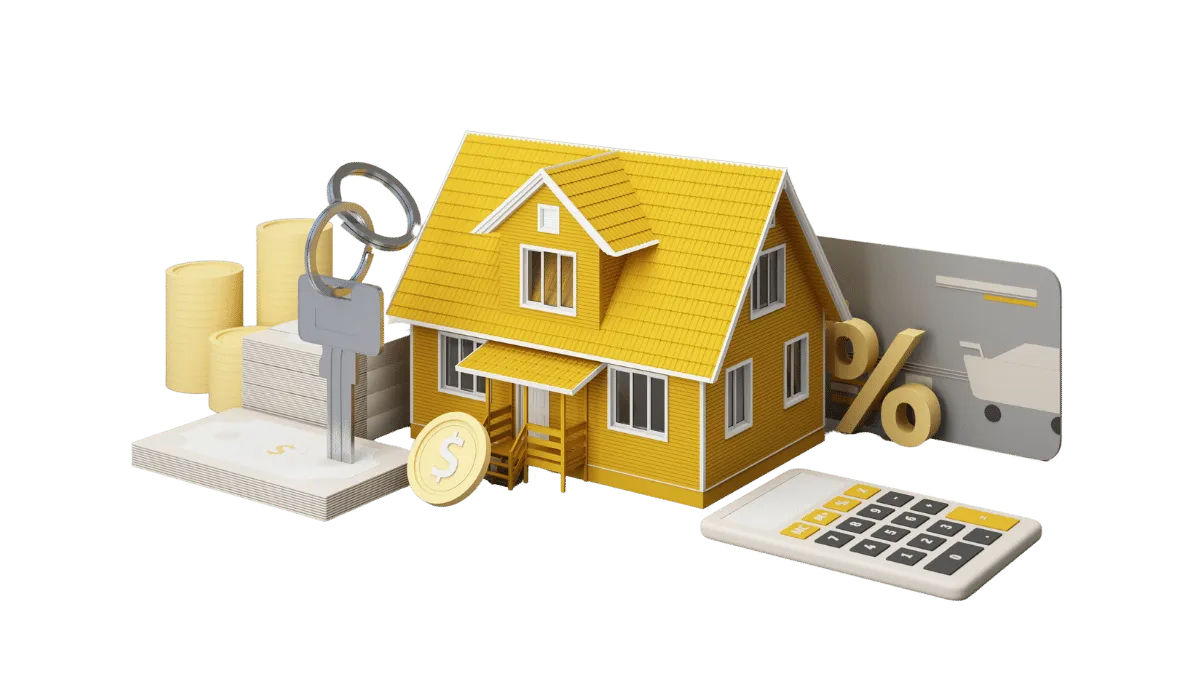Get a Fantastic
Mortgage Rate
Start the process by requesting a custom digital rate quote now!
Get a Fantastic
Mortgage Rate
Start the process by requesting
a custom digital rate quote now!

Your Time & Money Matter.
Let's Not Waste Either.
From fast, custom digital quotes to a completely streamlined online loan application and approval process, you can get your money and do what you want with it — usually in less than 30 days.
READY TO BUY YOUR DREAM HOME?
Secure a home purchase loan that leverages today’s great mortgage rates to make your dream home affordable. Start by getting your free, no-obligation pre-approval letter!
A HOME REFINANCE CAN GIVE YOU MORE OPTIONS
Refinancing could save you a considerable amount of money over the life of your loan and potentially improve your overall financial outlook.

Update Your Home
Receive flexibility to update your home's look and value.

Instant Savings
Refinance to get a lower payment every month.

Use Your Equity
You've earned it. Use your investment any way you see fit.
About Us

At Financial Suit, we believe everyone deserves to achieve their homeownership dream and real estate investment goals with confidence and clarity. Our mission is to empower you with the knowledge and tools to navigate the mortgage process effortlessly, making informed decisions that lead to long-term financial success.
Home Ownership Made Easy
We achieve our mission through personalized mortgage solutions, a network of trusted professionals, and a commitment to education that demystifies the mortgage process. Our team works tirelessly to ensure transparency, integrity, and efficiency in every interaction, setting the stage for your success.
Financial Suit offers a range of services including personalized mortgage options, guidance for home buyers and real estate investors with 95% success rate while connecting clients to other essential such as tax planning, financial planning and legal services. Our comprehensive support system is designed to meet all clients' real estate financing needs, ensuring a smooth journey to homeownership and real estate investment.
Our Dedicated Team
Mortgage Advisors (Originators)

Phong Truong

Anh "Annie" Vu

Milton Solorzano
Operation & Support Team

Phuong Tran

Trang Hoang


